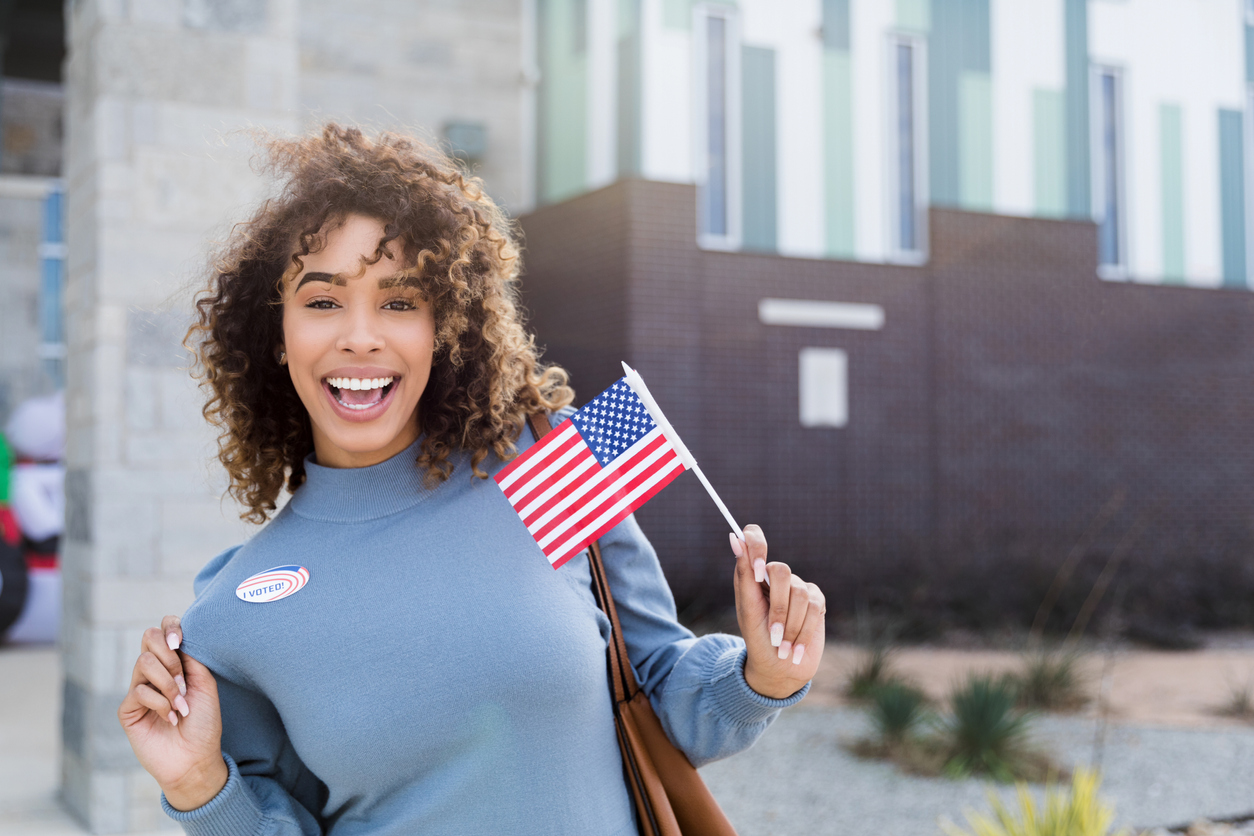
Voting is quintessentially American. It is one of the most important rights of being a citizen of the United States and the foundation of our democracy. People have fought for it throughout history — in fact, people continue to fight for the right to vote. Today, we vote at the local, state and federal levels. Whether we realize it or not, voting has a lot of power over the politicians and policies that end up affecting our everyday lives.
As Election Day nears, we decided to share 15 interesting tidbits about voting. Hopefully they inspire people to get out there and cast their ballots!
Election Day Wasn't Always a Thing.
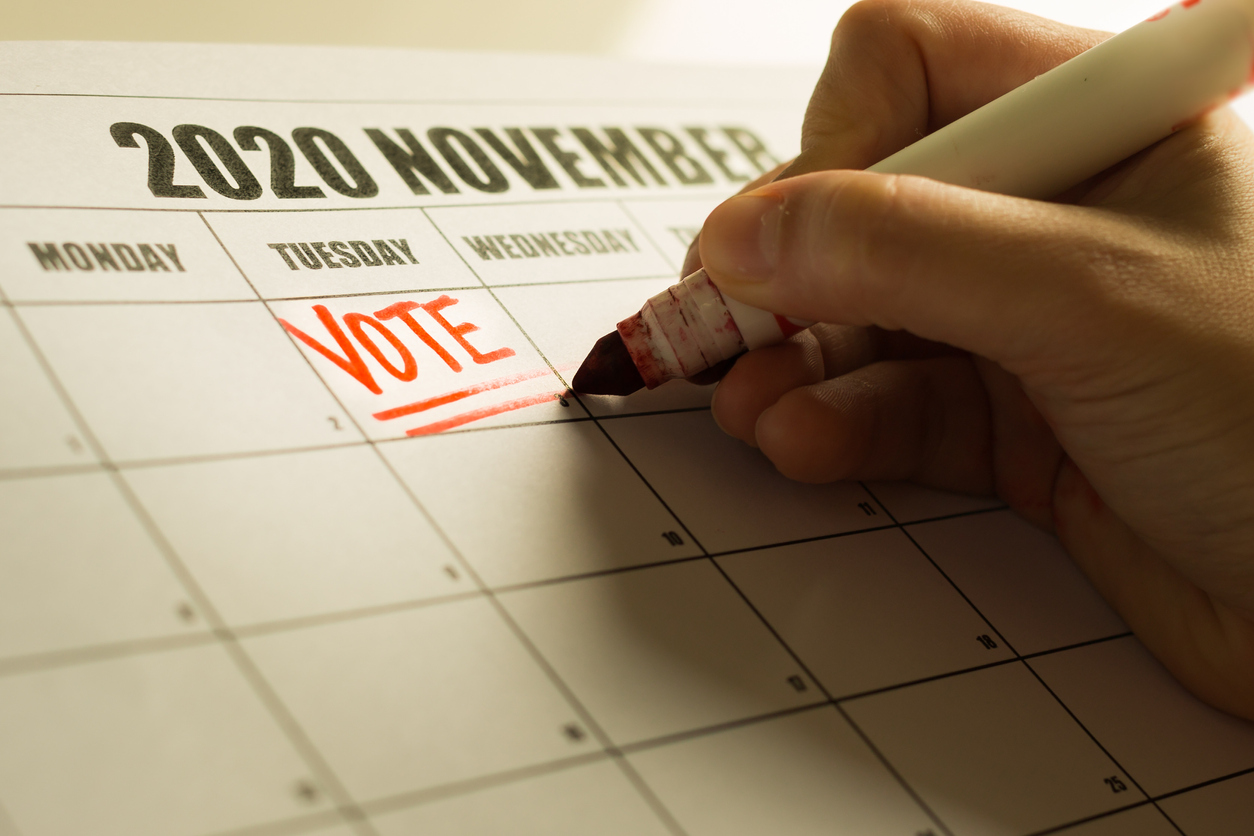
We associate the Tuesday following the first Monday in November with Election Day, but it wasn't always like that. In fact, the US Constitution didn't even set a certain day for when all ballots were due. States were actually given the power to hold elections when they wanted, even for a federal election — as long as it was resolved by mid-December.
OK, But Why Tuesday?
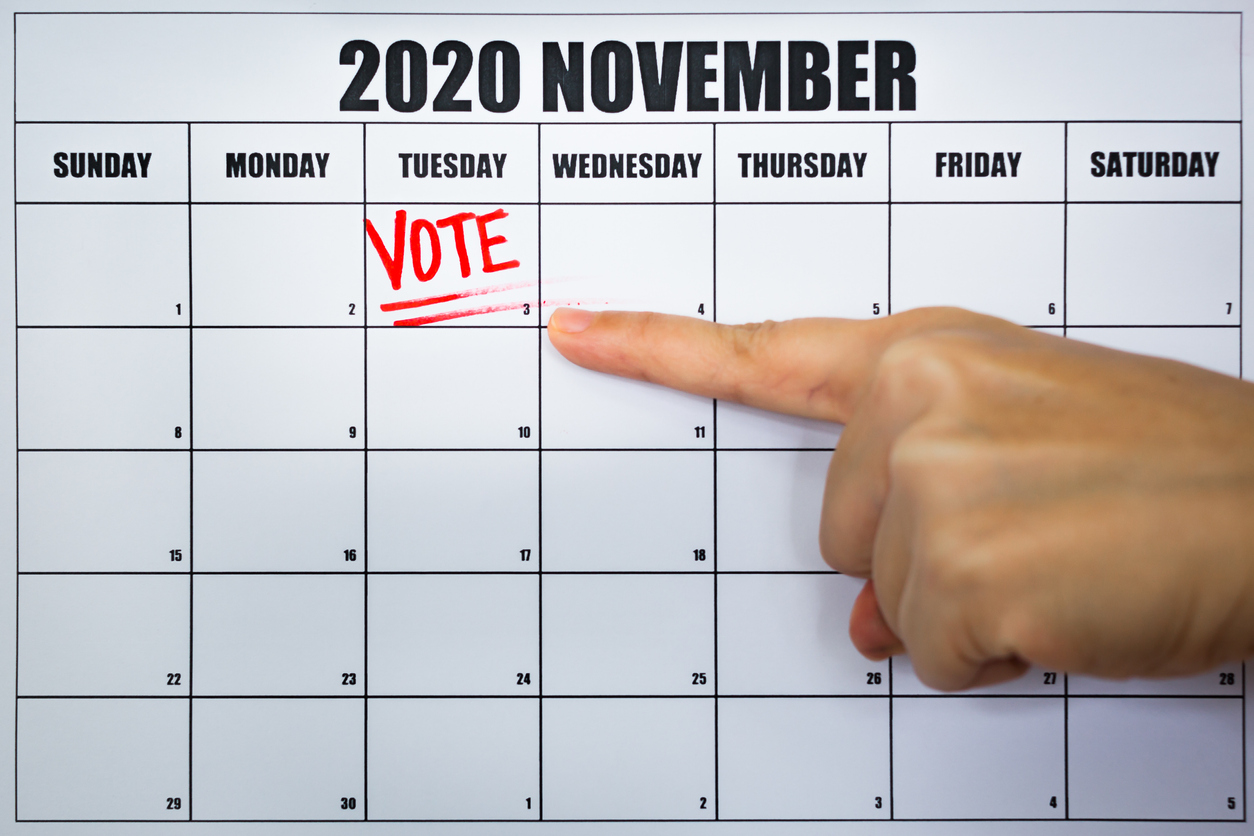
So why do we vote on a Tuesday of all days of the week? Blame church. People didn't want to mess up their plans to attend church on Sunday, and because markets were open on Wednesday, well, Tuesday it is!
Political Party Symbols Were Created in 1874.
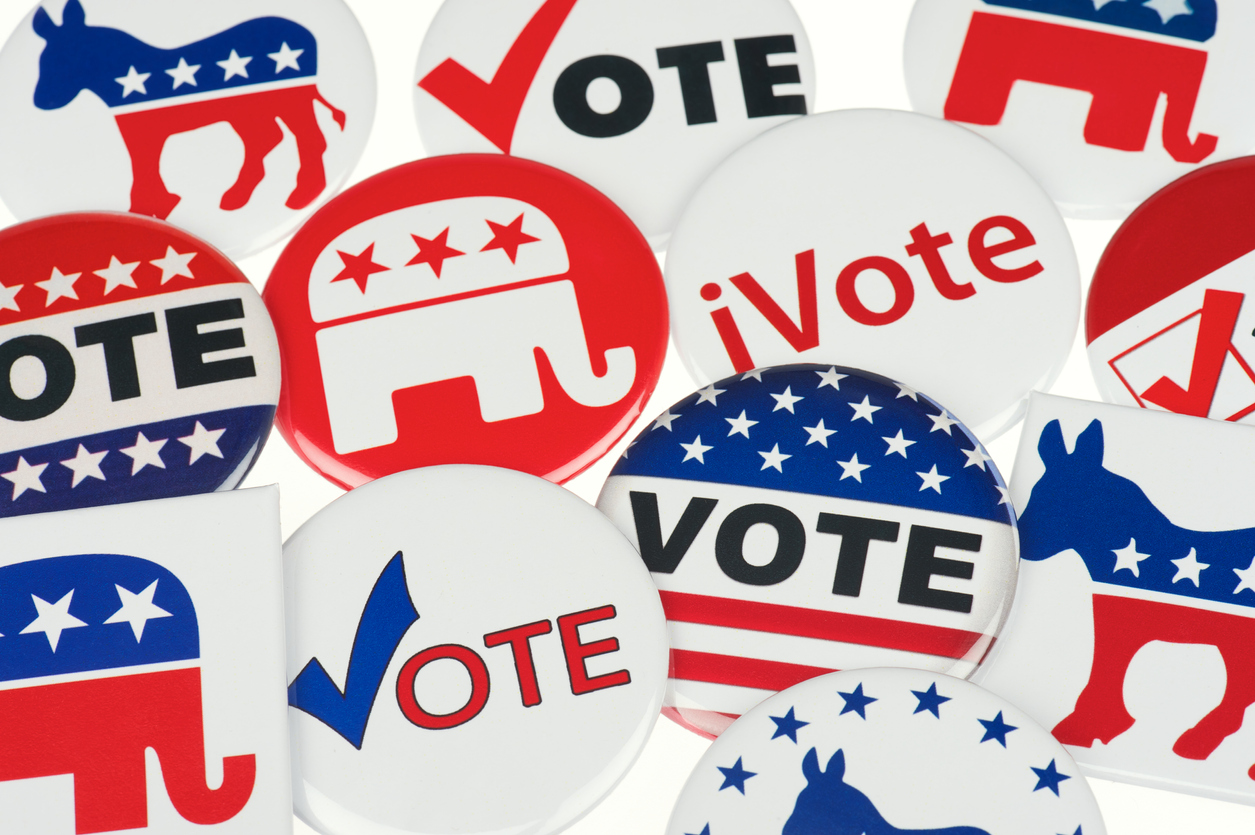
Ever wondered about the genesis of the elephant (which represents the Republican party) and the donkey (which represents the Democratic party)? Well, the symbols come from a cartoon published in Harper's Weekly magazine in 1874. The creator? Thomas Nast, who was also the first person to draw Santa Claus as the jolly bearded fellow.
Alcohol Was Banned on Election Day.
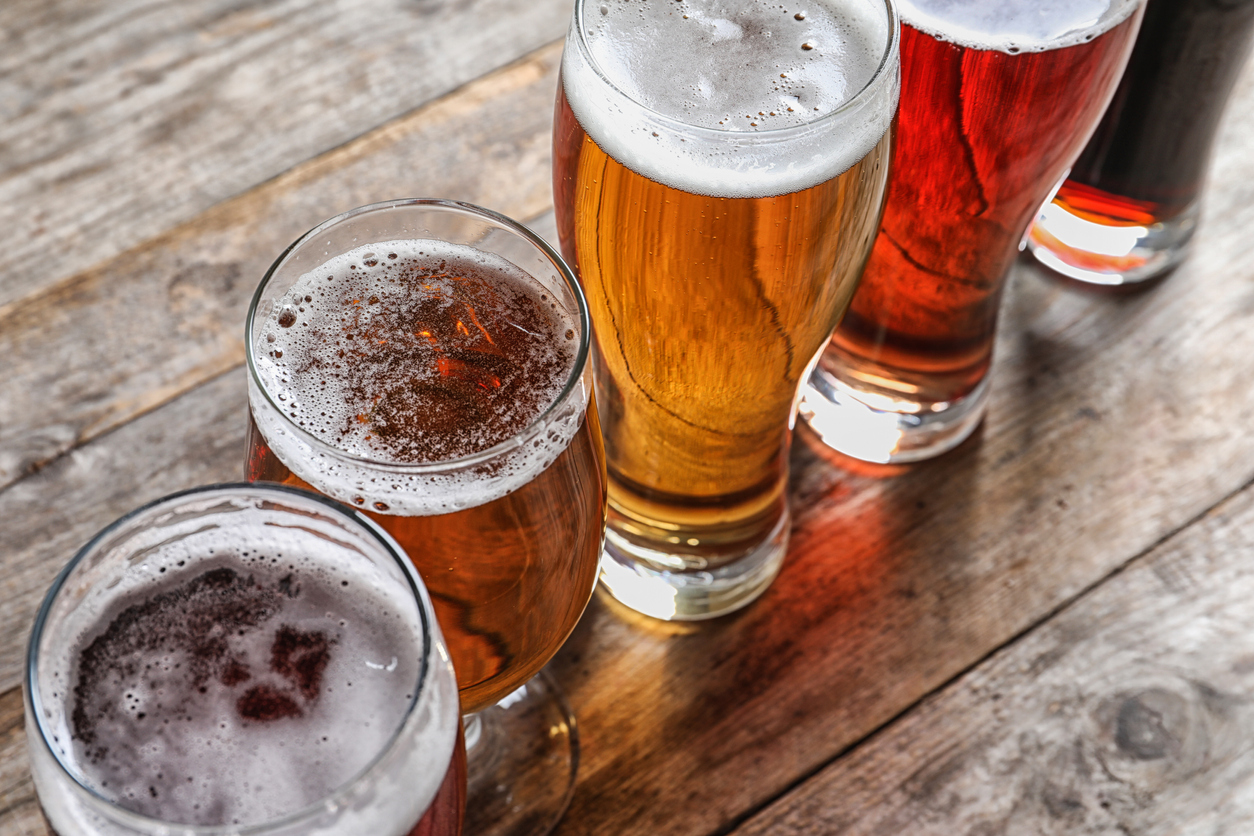
There was once a thing such as no drinking and voting. Multiple states used to have laws restricting the purchase of alcohol on Election Day because it was used to buy votes by some sneaky politicians. It took until 2014 for South Carolina to change that law.
The First Woman To Run for President Was Victoria Woodhull.

In 1872, Victoria Woodhull became the first woman to run for US president. Although the suffragist didn't win, she sure did shatter glass ceilings.
Millennials Are the Most Diverse Generation of Voters.

About 40% of millennials, or those born between 1981 and 1996, identify as nonwhite, which makes them the most diverse voting generation ever.
New Zealand Was the First Country To Allow Women To Vote.
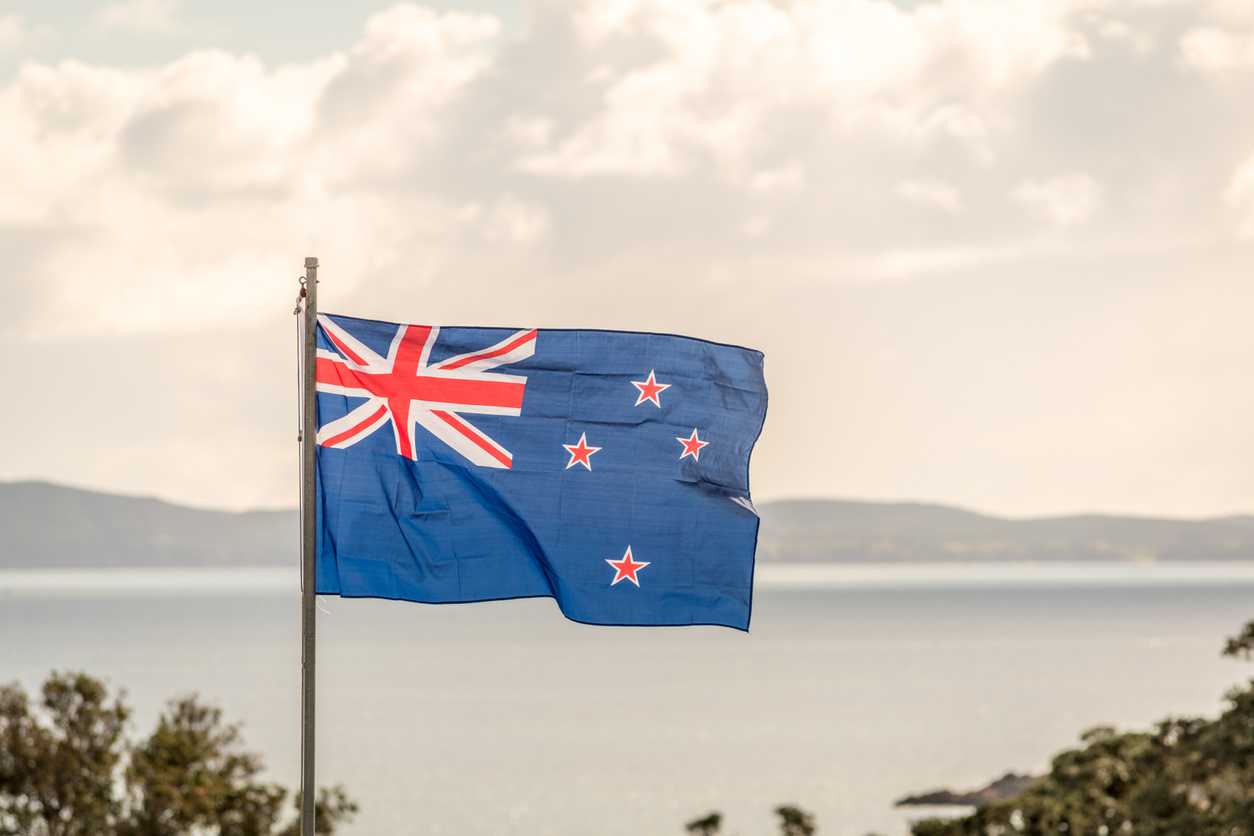
The first self-governing country in the world to allow women to vote was New Zealand in 1893. It took the United States until after the first World War to do that. Kind of mind-blowing, right?
Ohio's Constitution Really Says "No Idiot" Can Vote.
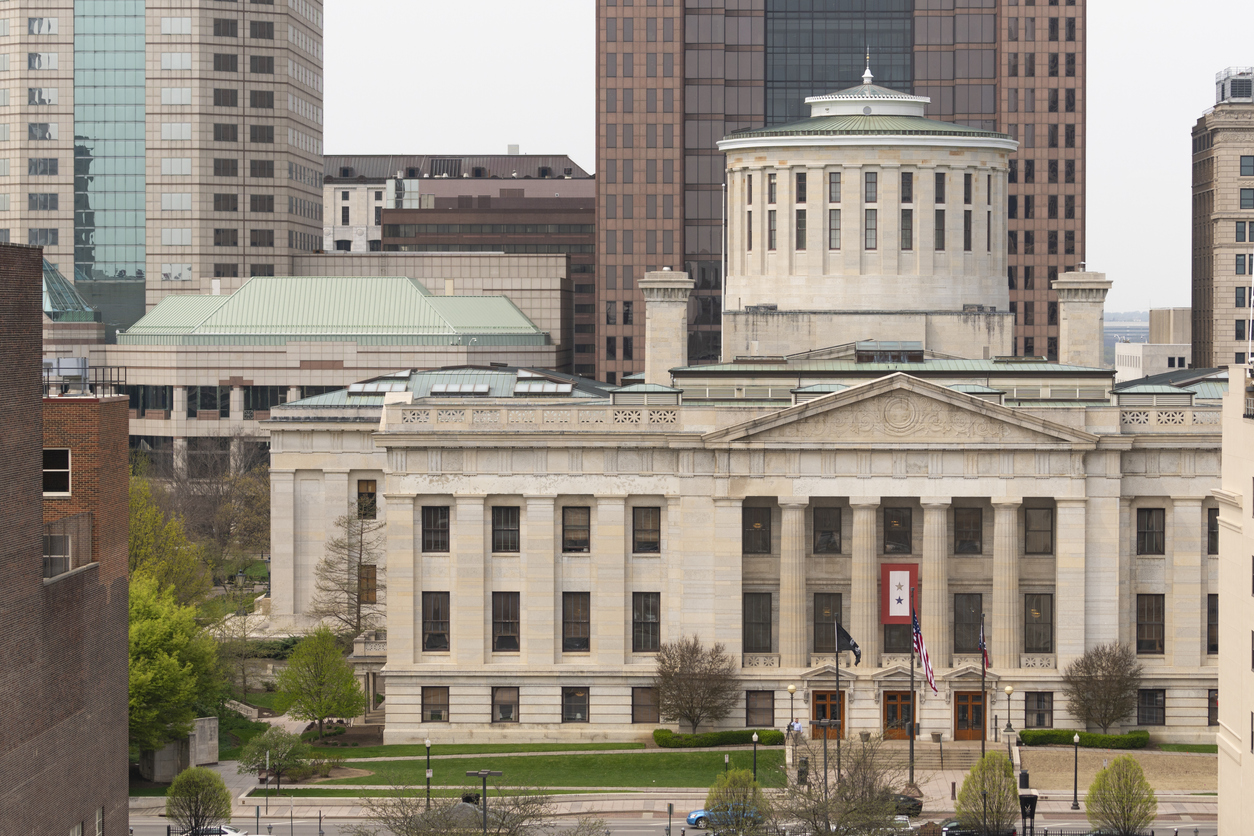
Nope, seriously. It's in Article V, Section 6 of Ohio's Constitution, which was drafted in 1802. It says: "No idiot, or insane person, shall be entitled to the privileges of an elector." Not quite PC.
Women Vote at a Higher Rate Than Men.
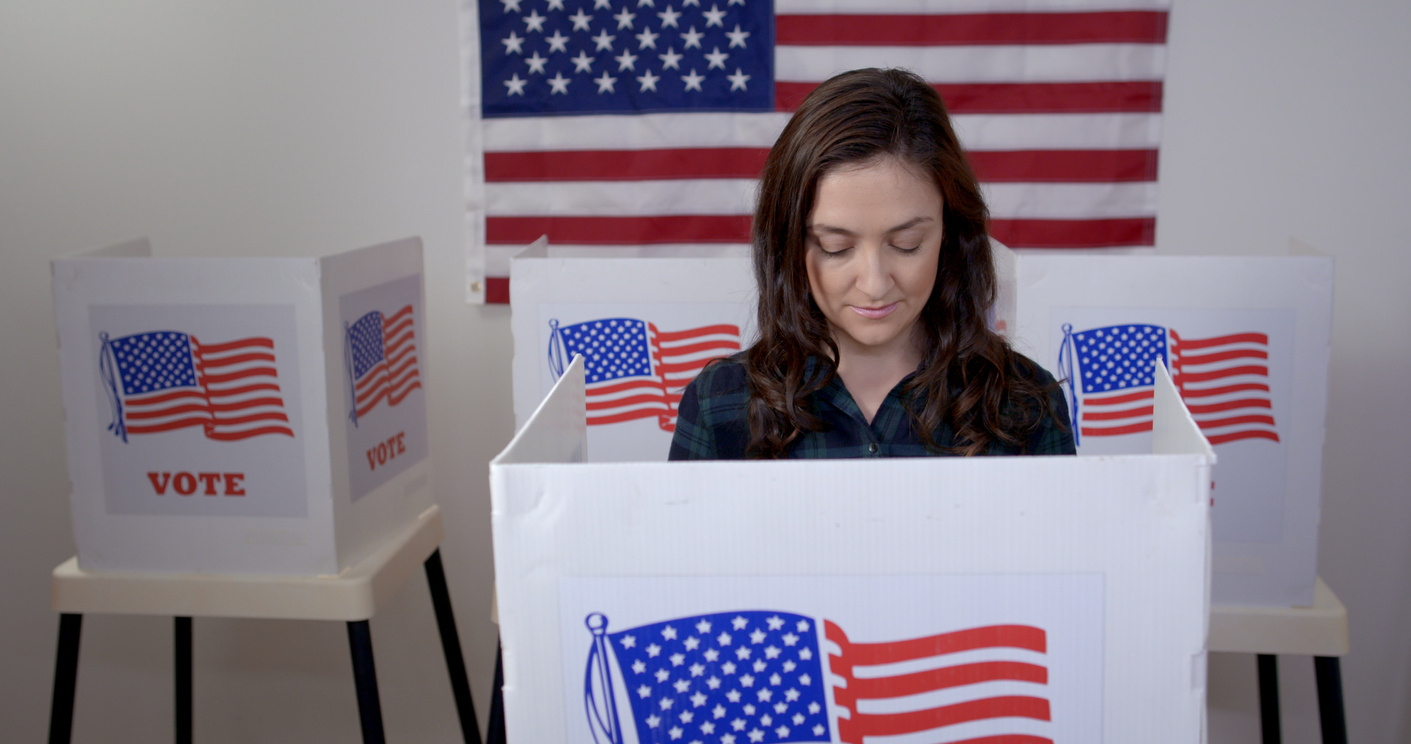
Since 1984, research by the Pew Research Center has shown that women turn out to vote at "slightly higher" rates than men. We're not letting the suffragettes down!
Astronauts Can Vote From Space.

This premise takes absentee voting to new heights. Astronauts can fill out a secure electronic ballot that is delivered to their county clerk's office via email.
In the 2016 Election, Washington, DC, Had the Highest Citizen Voting Turnout.
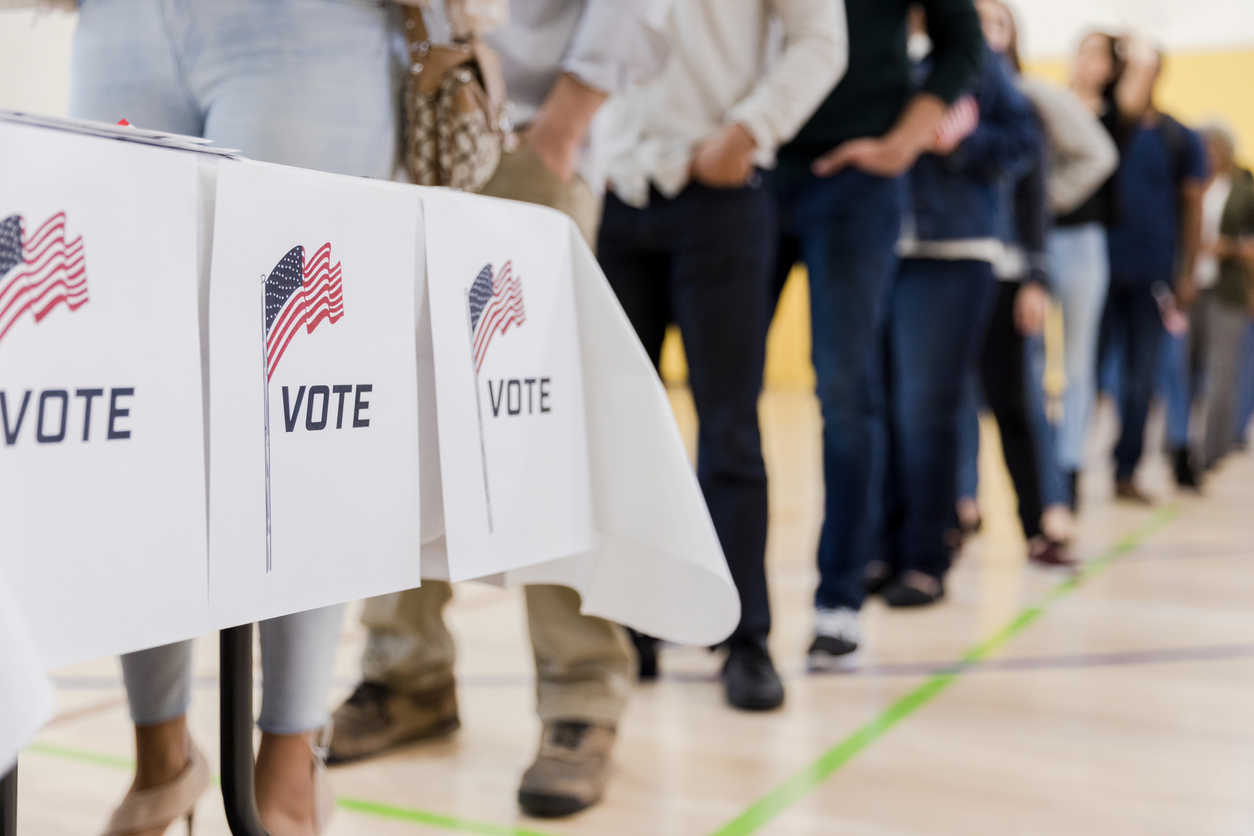
Perhaps the proximity to the White House was too inspiring to ignore? About 74% of its citizens voted, which is the highest in the nation. Wonder which state it will be this year?
In Australia, People Are Fined If They Don't Vote.
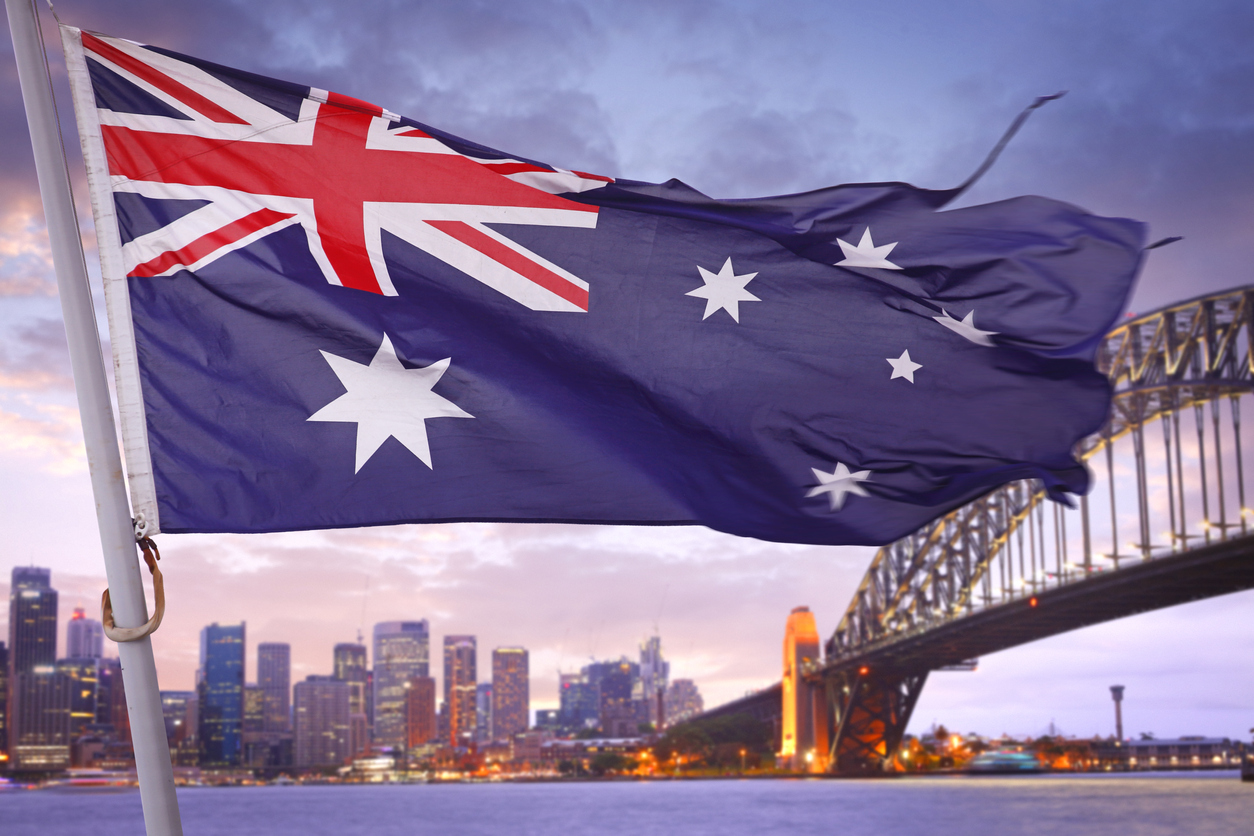
In Australia, voting is compulsory, meaning that people who don't vote can be fined up to 80 Australian dollars. To make it easier, though, Election Day is on a Saturday.
Queen Elizabeth II Can Cast a Vote Too.
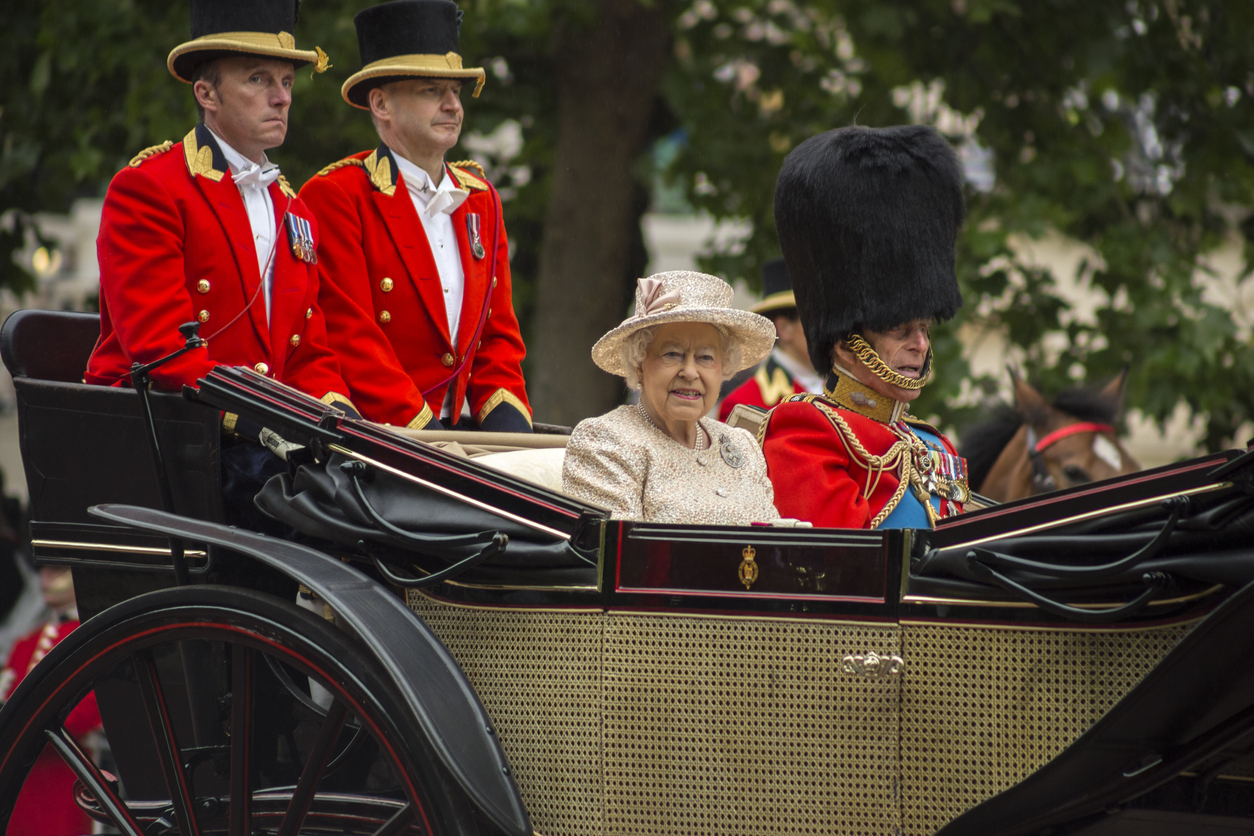
The Queen of England herself is technically allowed to vote in elections in Britain. She typically doesn't, however, as it's considered "unconstitutional" by Parliament.
A Big Percentage of Americans Say Voting Is Part of Being a Good Citizen.
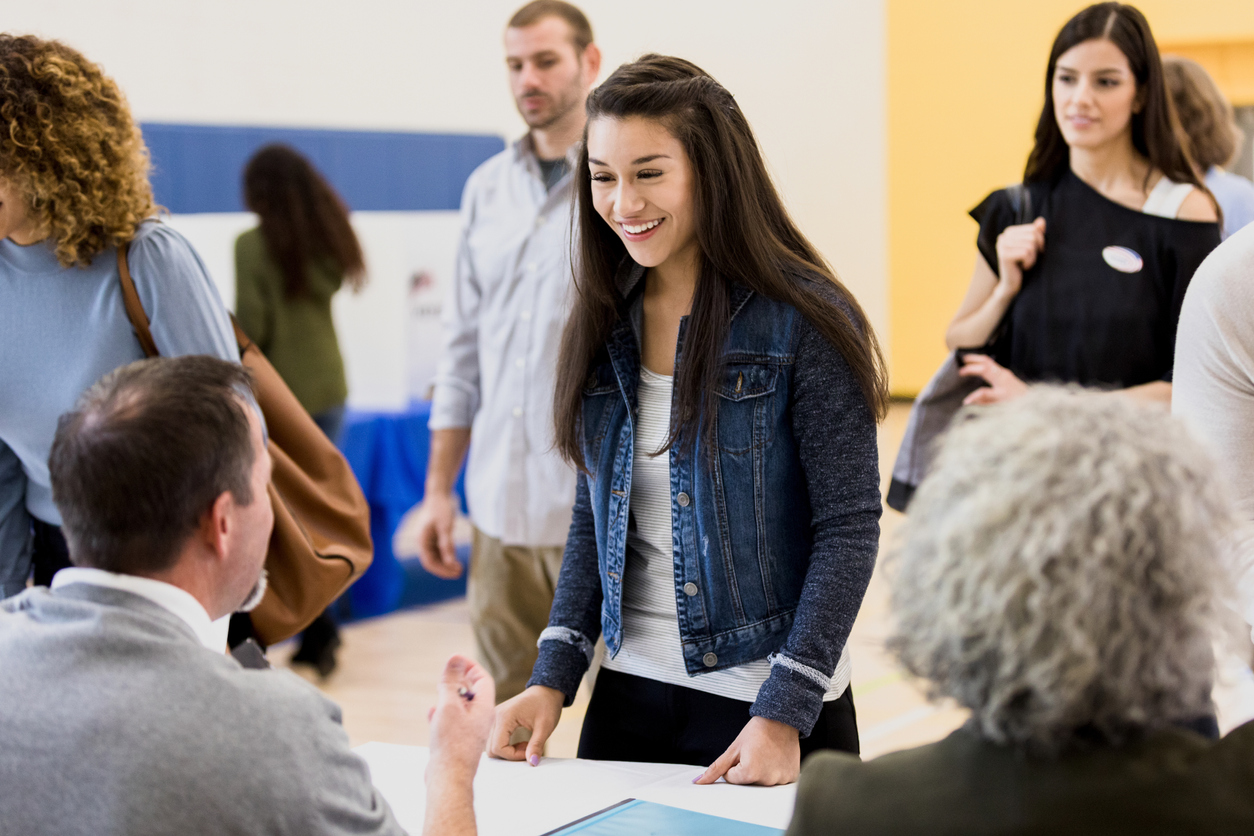
A 2018 survey by the Pew Research Center found that 74% of Americans say voting in elections is what makes someone a good US citizen.
Women Twice Won the Right To Vote in Utah
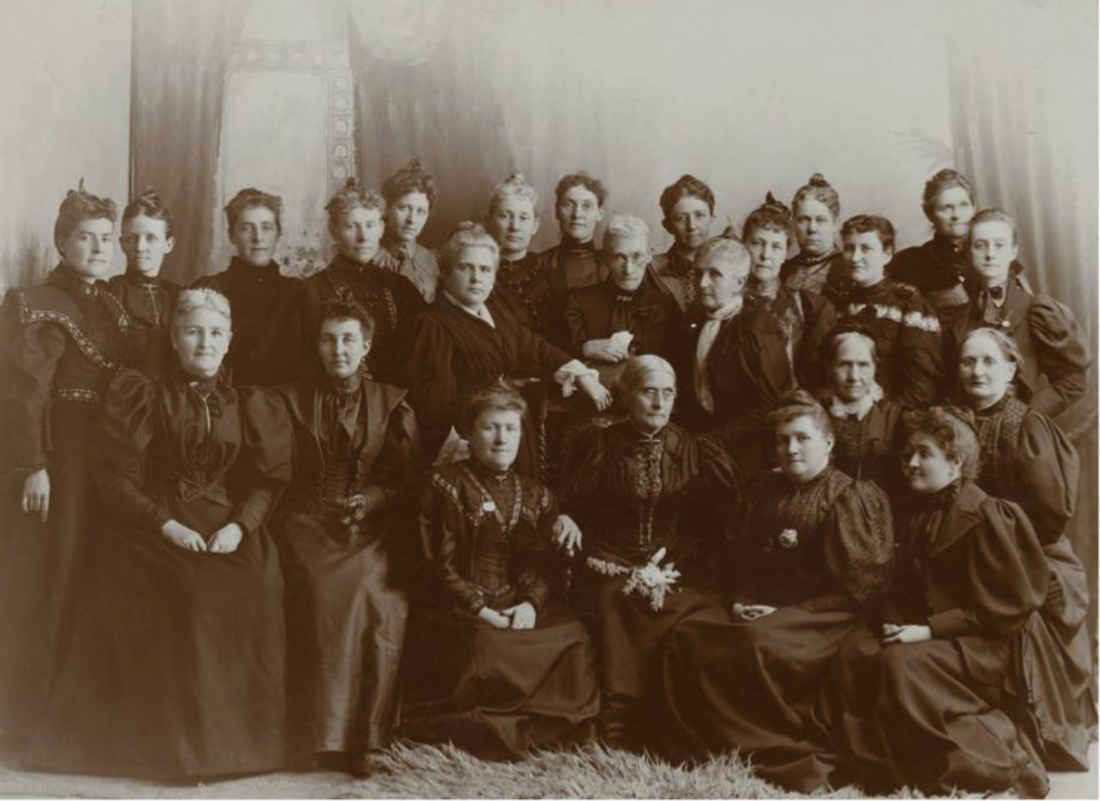
On February 12, 1870, women in Utah won the right to vote. The idea of women's suffrage was mainly to vote to end the Mormon practice of polygamy. When that didn't happen, women lost the right to vote with the Edmunds-Tucker Act in 1887. Of course, this caused outrage, and women regained the right to vote with the 19th Amendment to the US Constitution. Women of color is a whole different story, as it took them way longer. What a journey.




